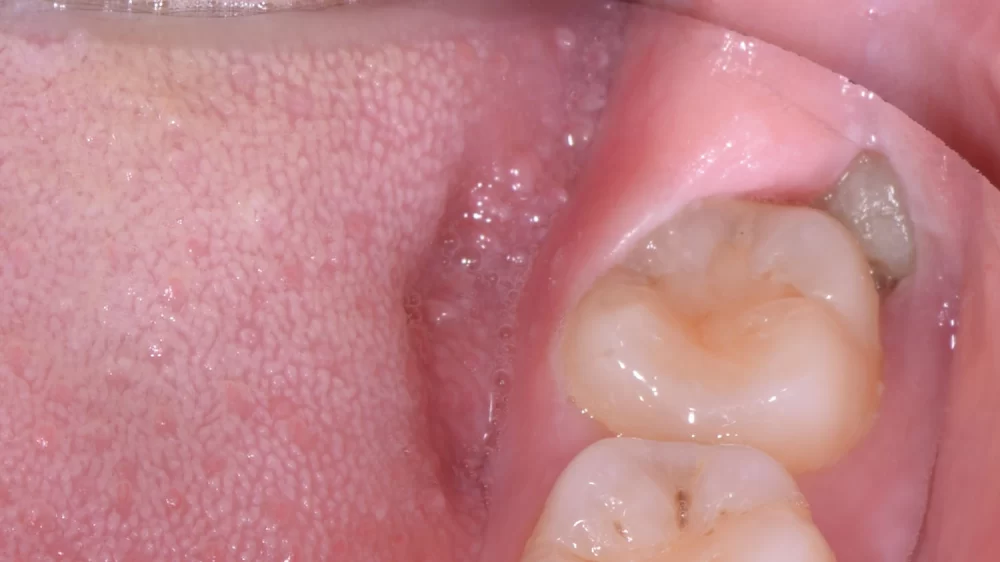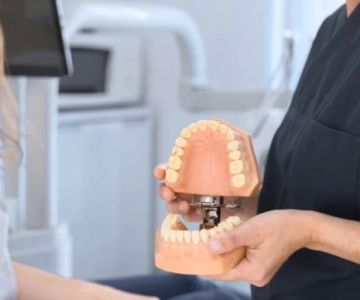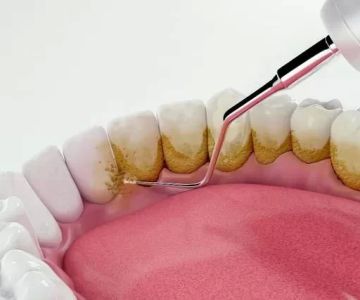
- Understanding-Why-Wisdom-Teeth-Cause-Pain
- Common-Causes-of-Wisdom-Tooth-Pain
- Symptoms-Associated-with-Painful-Wisdom-Teeth
- Treatment-Options-for-Wisdom-Tooth-Pain
- Real-Life-Experiences-and-Professional-Advice
1. Understanding Why Wisdom Teeth Cause Pain
Wisdom teeth, also known as third molars, typically erupt between the ages of 17 and 25. While some people experience no issues, many find that their wisdom teeth cause pain and discomfort. Understanding why do wisdom teeth cause pain is crucial to managing this common dental concern.
The pain associated with wisdom teeth often stems from limited space in the jaw, improper eruption angles, or infections. Since wisdom teeth are the last to emerge, they sometimes fail to fit properly, causing pressure on adjacent teeth or gums.
1.1 The Impact of Jaw Anatomy on Wisdom Tooth Pain
Each person’s jaw size and shape differ, and when there isn't enough room for wisdom teeth to grow fully, they can become impacted. This impaction leads to pressure, swelling, and inflammation, which are key sources of pain.
2. Common Causes of Wisdom Tooth Pain
Several factors contribute to why wisdom teeth cause pain. Understanding these can help identify the best course of action.
2.1 Impacted Wisdom Teeth
Impaction occurs when wisdom teeth are blocked from erupting fully by bone or neighboring teeth. This partial or full impaction often results in pain, swelling, and sometimes infection due to trapped bacteria.
2.2 Pericoronitis and Gum Inflammation
When a wisdom tooth partially breaks through the gum, it can create a flap of gum tissue that traps food and bacteria. This condition, called pericoronitis, leads to painful inflammation and infection.
2.3 Tooth Decay and Cavities
Because wisdom teeth are located at the back of the mouth, they are harder to clean properly. This can cause cavities, which result in pain and sensitivity.
2.4 Pressure and Crowding
As wisdom teeth push against adjacent molars, they can cause pressure-related pain and even misalignment of other teeth, exacerbating discomfort.
3. Symptoms Associated with Painful Wisdom Teeth
Recognizing symptoms early helps in seeking timely care. Common signs include:
3.1 Localized Pain and Tenderness
Pain in the back of the mouth, often radiating to the ear or jaw, is a frequent complaint.
3.2 Swelling and Redness
Inflamed gums around the wisdom teeth may appear swollen and red, sometimes accompanied by bad breath or an unpleasant taste.
3.3 Difficulty Opening the Mouth
Severe cases can cause limited jaw movement, making chewing and speaking uncomfortable.
4. Treatment Options for Wisdom Tooth Pain
Addressing wisdom tooth pain depends on the severity and cause.
4.1 Monitoring and Conservative Care
Mild discomfort may be managed with good oral hygiene, warm saltwater rinses, and over-the-counter pain relief.
4.2 Antibiotics and Professional Cleaning
If infection is present, dentists may prescribe antibiotics and perform professional cleaning to reduce inflammation.
4.3 Wisdom Tooth Extraction
When pain is persistent or complications arise, removal of the wisdom teeth is often the recommended solution. Modern techniques make this procedure safe and effective.
5. Real-Life Experiences and Professional Advice
Emily, a 23-year-old college student, experienced sharp pain and swelling due to an impacted wisdom tooth. After a dental consultation, she underwent extraction and reported significant relief and improved oral health. Her experience highlights the importance of timely intervention.
Dentists advise regular check-ups during the late teens and early twenties to monitor wisdom tooth development. For personalized guidance and access to trusted dental care and products, Dentistry Toothtruth offers expert recommendations tailored to your needs.
Understanding why wisdom teeth cause pain empowers you to take proactive steps in maintaining your oral health and comfort.







 Westgate Dental Arts
Westgate Dental Arts Coventry Family Dental
Coventry Family Dental Familia Dental
Familia Dental Dr. Daniel S. Fife, DDS
Dr. Daniel S. Fife, DDS Dentistry At Suburban Square: Michael I. Wollock, DMD
Dentistry At Suburban Square: Michael I. Wollock, DMD Comfort Care Dental
Comfort Care Dental The Importance of Oral Health Education During Pregnancy for a Healthy Pregnancy
The Importance of Oral Health Education During Pregnancy for a Healthy Pregnancy Why Skipping Dental Checkups Can Lead to Bigger Oral Health Problems
Why Skipping Dental Checkups Can Lead to Bigger Oral Health Problems Advantages of Porcelain Dental Restorations
Advantages of Porcelain Dental Restorations Best Tips for Brushing Your Teeth Properly for Healthy Gums: Essential Techniques for Oral Health
Best Tips for Brushing Your Teeth Properly for Healthy Gums: Essential Techniques for Oral Health How Can Diabetes Cause Tooth and Gum Problems? Preventing and Managing Oral Health Issues
How Can Diabetes Cause Tooth and Gum Problems? Preventing and Managing Oral Health Issues Healthy Habits for Promoting Good Oral Health and Hygiene: Tips for a Healthy Smile
Healthy Habits for Promoting Good Oral Health and Hygiene: Tips for a Healthy Smile